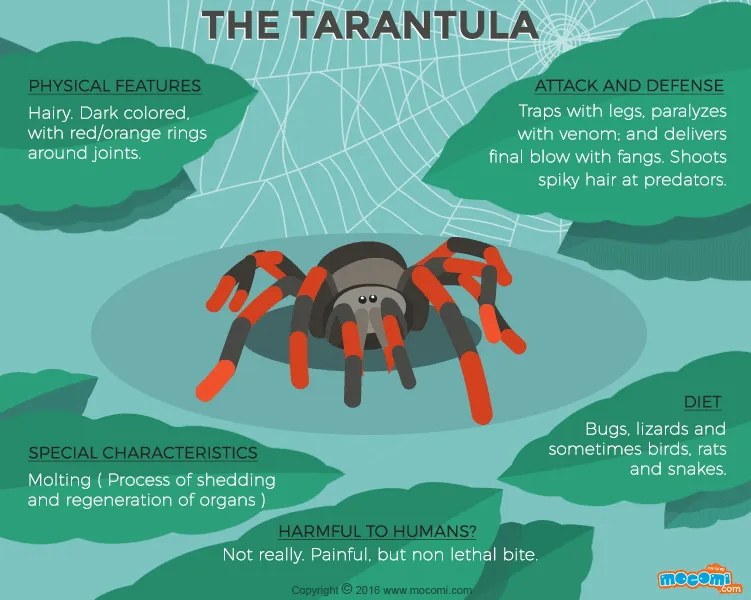Tarantulas, with their impressive size and captivating presence, are a popular choice for exotic pet enthusiasts. One of the most intriguing aspects of owning a tarantula is understanding their lifespan. Unlike many other pets, tarantulas can live for a remarkably long time, offering a unique bond between owner and arachnid. This article delves into the fascinating world of tarantula lifespans, exploring the factors that influence how long these creatures live and providing valuable insights for both current and prospective tarantula owners.
What is the Average Tarantula Lifespan
The average lifespan of a tarantula varies significantly depending on the species, sex, and environmental conditions. Generally, female tarantulas tend to live much longer than males. You can expect a female tarantula to live anywhere from 10 to 30 years, or even longer in some cases. Males, on the other hand, often have a shorter lifespan, typically living for only 2 to 5 years. This difference is primarily due to the biological processes associated with mating and reproduction. Understanding these averages is crucial for setting realistic expectations when considering a tarantula as a pet and ensuring you can provide proper care throughout its life.
Factors Affecting Tarantula Lifespan
Species and Lifespan Variance
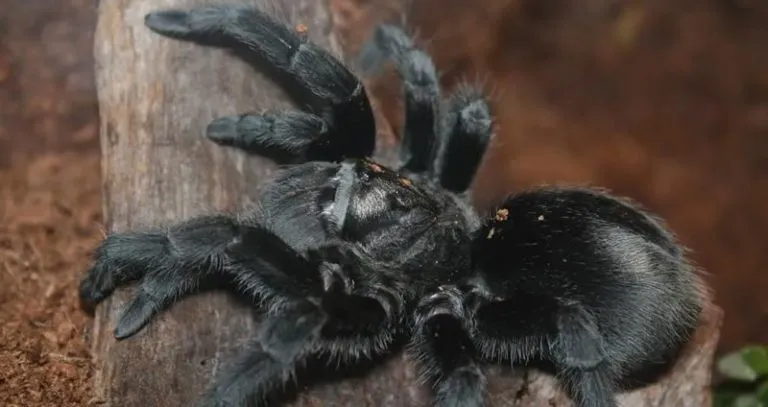
Different tarantula species have different lifespans. For example, the Chilean rose hair tarantula (Grammostola rosea) is known for its relatively long lifespan, often living for 15 to 20 years or more. Other species, such as the Goliath birdeater (Theraphosa blondi), can also live for a considerable time, with females potentially reaching up to 25 years. In contrast, some smaller or more delicate species may have shorter lifespans. Researching the specific lifespan of the species you’re interested in is essential for understanding the commitment involved in tarantula ownership. Different species also require different care, so the research has added benefits.
Sex of the Tarantula
As mentioned earlier, the sex of a tarantula plays a crucial role in its lifespan. Male tarantulas typically reach maturity much faster than females, and their primary purpose is to reproduce. Once they reach maturity, they often stop eating and actively seek out a mate. After mating, the male’s life is significantly shortened. Females, on the other hand, continue to molt and grow, allowing them to live for many years, even after breeding. The difference in lifespan between male and female tarantulas is a fundamental aspect of their biology, influencing both their behavior and their overall life expectancy.
Diet and Nutrition
A tarantula’s diet is critical for its health and longevity. Providing a well-balanced diet consisting of appropriately sized insects, such as crickets, mealworms, and roaches, is essential. Overfeeding a tarantula can lead to health problems, while underfeeding can stunt its growth. The nutritional quality of the food also matters. Ensure the insects you feed your tarantula are gut-loaded, meaning they are fed nutritious foods before being given to your pet. This practice enriches the insects and, in turn, provides your tarantula with essential vitamins and minerals. Clean water should always be available.
Habitat and Environmental Conditions
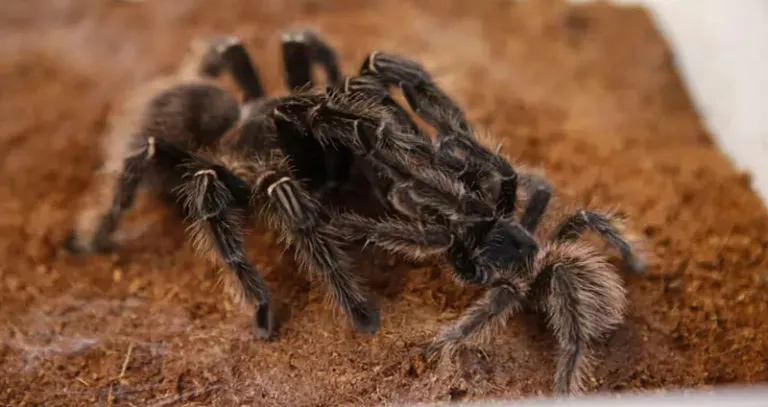
Creating a suitable habitat is vital for a tarantula’s well-being. The enclosure should be appropriately sized for the species, providing enough space for the tarantula to move around. The substrate, which is the material at the bottom of the enclosure, should be appropriate for the species, and the humidity and temperature levels must be maintained within the correct range. A consistent environment, free from drafts and extreme temperature fluctuations, will help your tarantula thrive. Regular cleaning of the enclosure is also necessary to prevent the buildup of waste and maintain a healthy environment.
Tarantula Lifespan in Captivity vs Wild
Tarantulas in captivity often live longer than those in the wild, primarily due to the controlled environment and consistent care they receive. In the wild, tarantulas face numerous challenges, including predators, limited food sources, and harsh weather conditions. Captive tarantulas are protected from these threats, allowing them to live longer and healthier lives. However, the lifespan of a captive tarantula still depends on the quality of care provided by the owner.
Captive Care Impacts
Proper captive care, as previously discussed, significantly extends a tarantula’s lifespan. This includes providing a suitable habitat, a balanced diet, and regular health checks. Avoiding stress and handling the tarantula carefully also contribute to its longevity. Additionally, the enclosure should be kept clean to prevent any potential infections. When tarantulas are provided the proper care, they can live a very long time, and you get to enjoy your pet for years to come!
Wild Environment Challenges
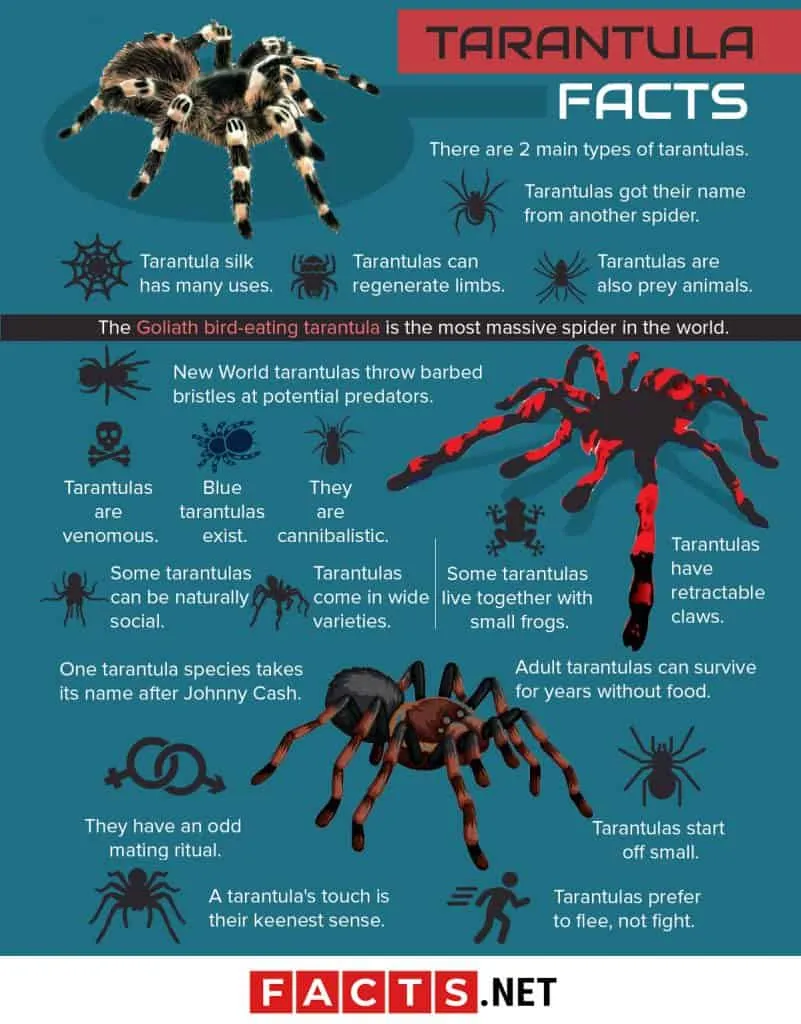
In the wild, tarantulas face a multitude of dangers, including predation by birds, mammals, and other invertebrates. They must also compete for food and shelter, and they are susceptible to parasites and diseases. The environment itself can pose threats, such as droughts, floods, and extreme temperatures. These challenges reduce the chances of a tarantula reaching its full lifespan. Many wild tarantulas die before they reach their reproductive years. The impact of natural disasters and climate change can also affect tarantula populations in the wild.
Record-Breaking Tarantula Lifespans
While the average lifespan is a useful benchmark, some tarantulas have lived exceptionally long lives. Record-breaking lifespans can vary greatly depending on the species, and the specific conditions in which the tarantula was kept. However, certain individuals have lived for over 30 years, highlighting the potential longevity of these fascinating creatures. These record-holders often receive exceptional care, which allows them to thrive for longer than the average tarantula.
How to Extend Your Tarantula’s Lifespan
Proper Habitat Setup
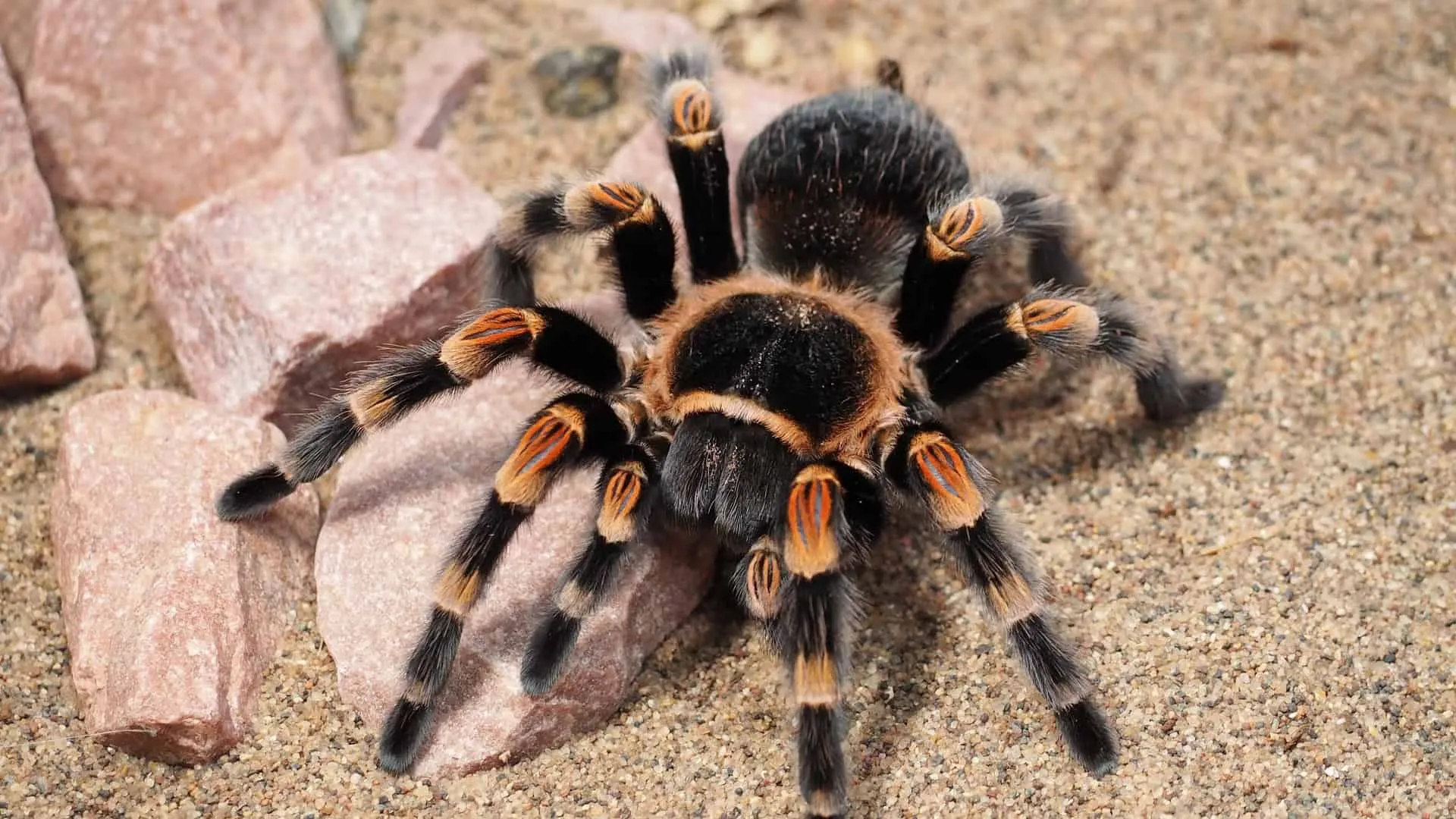
Creating the perfect habitat is essential for promoting a long and healthy life. The enclosure should be the right size and appropriate for the specific species. It’s crucial to use a suitable substrate that allows the tarantula to burrow if it’s a terrestrial species, or provides a good climbing surface for arboreal species. Maintaining the correct humidity and temperature levels is also vital. Use a thermometer and hygrometer to monitor these conditions and make adjustments as needed. Provide hiding places, such as cork bark or artificial plants, to reduce stress and make the tarantula feel safe. A well-designed habitat minimizes stress and allows them to thrive.
Feeding and Hydration
A balanced diet is essential, but it’s also important to avoid overfeeding. Feed your tarantula appropriately sized insects. Ensure that the insects are gut-loaded before feeding to provide additional nutrients. Fresh, clean water should be available at all times, typically in a shallow dish. Avoid using tap water that may contain chlorine or other chemicals; distilled or bottled water is a safer option. A healthy and well-fed tarantula is more likely to live a long life.
Regular Health Checks
Regularly inspect your tarantula for signs of illness or injury. Look for any changes in behavior, such as a loss of appetite or lethargy. Check for physical abnormalities, such as unusual swelling or discoloration. If you notice anything concerning, consult with a veterinarian specializing in exotic animals. A proactive approach to health care can help detect and address any issues early on, increasing the chances of a long and healthy life for your pet. Prevention is always better than cure.
In conclusion, tarantula lifespans are fascinating and vary greatly depending on several factors. By understanding these factors and providing proper care, you can help ensure your tarantula lives a long, healthy, and fulfilling life. Enjoy the unique experience of owning one of these amazing creatures!
